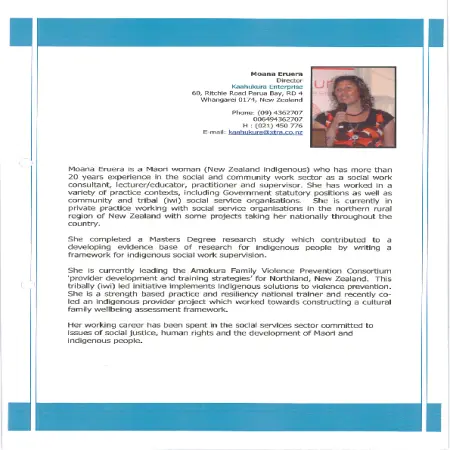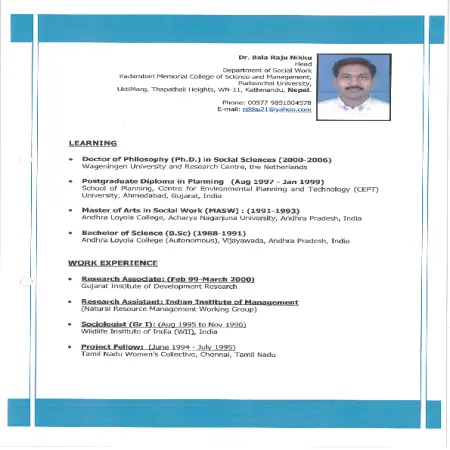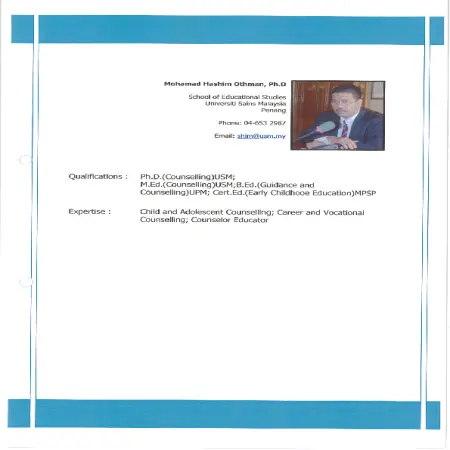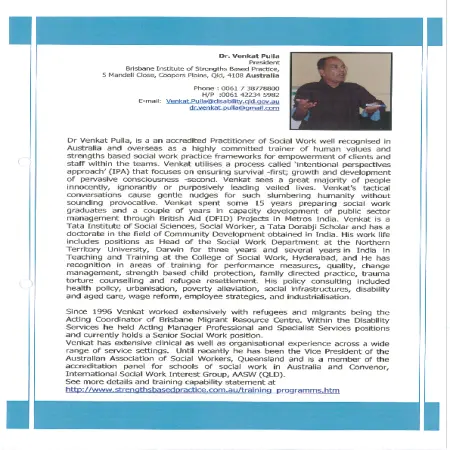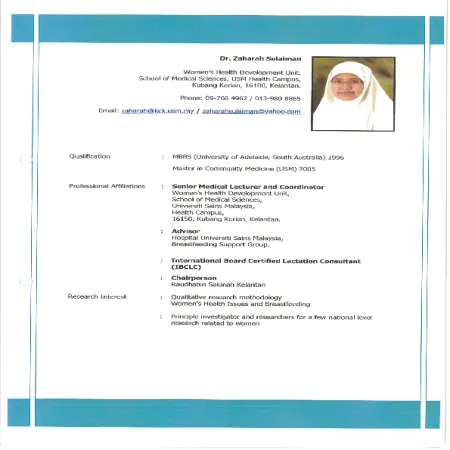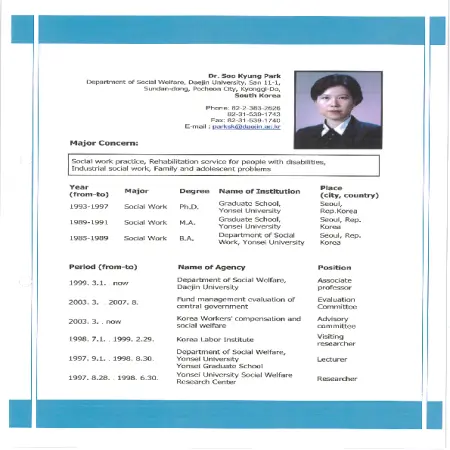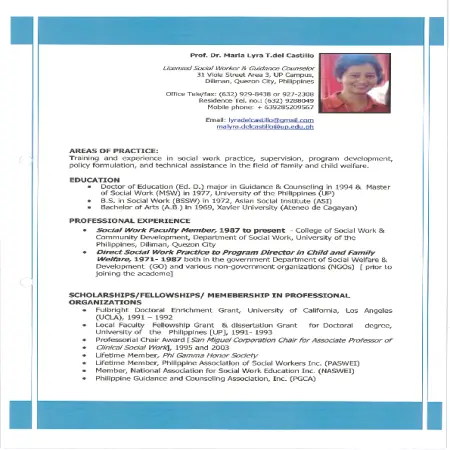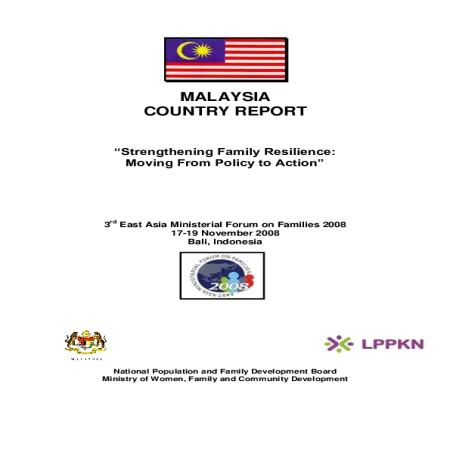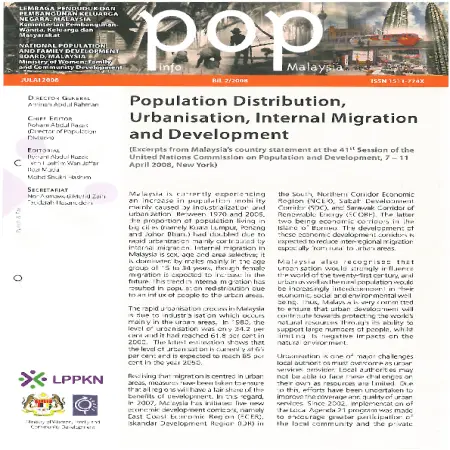Advanced Search
|
|
New Zealand indigenous people and resilience
Item Type: Conference or Workshop Item
Editor:
Year: 00/00/2009
Abstract: Indigenous peoples throughout the world have used strengths and resiliency to preserve the ongoing effects of colonizations and as tools for sovereignty. The 'Tangata Whenua' of New Zealand, along side other indigenous and minority groups throughout the world, continue to progress the development of their own cultural frameworks and models of practice. More recently in New Zealand, particularly within the health and social services sectors, 'tangata whenua' have begun to examine resiliency research and practices which contribute to the body of knowledge in the area of 'whanau ora', and the cultural capacities and capabilities which assist families to build resiliency and protective factors and processes. This presentation examines what has been learned from the theory and practice experiences of a 'Tangata Whenua' social work practitioner and trainer.
|
|
|
|
|
|
Coping mechanisms of families in transition: insights from Kathmandu Valley, Nepal
Item Type: Conference or Workshop Item
Editor:
Year: 00/00/2009
Abstract: The main purpose is to document and analyze the families that are migrated to Kathmandu City during the decade long in surgency in Nepal and their coping strategies. With in the family the children were the most effected. The analysis indicates that families have used different coping mechanisms. One of that is surprisingly offering children for adoptions outside the country. Children under 18 comprise almost 50 percent of Nepal's populations. As research evidence shows more than 300,000 orphans are in Nepal. There are various reasons behind the increasing trend of orphan and abandoned children. It includes armed conflict, domestic violence, natural disasters and displacement. These reasons directly or indirectly have an influence on the structure, size and coping mechanism of families in Nepal. The other mechanisms are earning daily wages, leaving old members of the family back home, male and female out migration. There are important policy lessons can also be derived and as a result government and non governmental programs can be designed that will enhance the resilience of families in transition. The paper is structured in five sections. After a brief introduction, section one presents the Statement of Problem and Objectives of the Study. The second section presents the findings from a brief literature review. Third section presents the analysis and findings for the primary research. Fourth section is about structures and process that are required to enhance the coping mechanism of the families in question. The paper is concluded in the fifth section.
|
|
|
|
|
|
Factors contributing to resilient attitude formation among excellent children from low SES single parent family
Item Type: Conference or Workshop Item
Editor:
Year: 00/00/2009
Abstract: The present study aims to identify the factors that contribute to resilient attitude formation among children who scored excellent results in UPSR. This study used a descriptive research design (Issac, 1995; Kerlinger, 1979). Samples were selected using purposive sampling since the study is only limited to single parent's family from low sosio-economic status (SES). Samples consisted of low SES single parents (mothers) from rural areas. This study was carried out in two phases; (i) structed interview with single parents (n=15) and (ii) handing out questionnaires and interviewing children (boys, n=6 and girls, n=9). The researcher has divided the interview into two types, namely the unstructured interview and the structured interview. Samples were interviewed and their stories were analyzed using the constant comparative method. Transcript data were coded and analyzed using the grounded theory approach (Strauss & Corbin, 1998). Recurring words, phrases and themes in the transcripts were coded commonalities and contradictions within and among the interviews were noted. While constantly comparing the data, themes and meanings were analyzed to develop theoretical, interpretations and implications of the data. After the data had been analyzed, results were compared with the literature to determine the degree to which the findings confirmed prior research.
|
|
|
|
|
|
Understanding coping and resilience of children and adolescents
Item Type: Conference or Workshop Item
Editor:
Year: 00/00/2009
Abstract: The objectives of this paper are to identify and define key concepts and models related to stress, coping, and resilience amongst children and adolescents and also to make us mindful to area wise gaps in our evidence based practice in this context. Amidst the growing evidence that depression and other mental health issues are surfacing amongst children and adolescents in several societies, the author focuses on the transactional nature of coping and resilience and how children and adolescents process a variety of stresses that they see in their day to day lives. Given that children and adolescents attempt to cope well in stressful situations being a fact, the author considers constructing and reviewing this stressful experiences in a person-environment transaction context to be a useful strategy. The paper presents this strategy.
|
|
|
|
|
|
Achievement and challenges in managing female adolescents guidance Centre: experience share from Raudhatus Sakinah Kelantan
Item Type: Conference or Workshop Item
Editor:
Year: 00/00/2009
Abstract: Adolescents today are exposed to various social ills such that they are easily influenced by unhealthy activities, be it directly or indirectly. Many of them have become victims of abuse, maltreatment, neglect, undue psychological stress, rape, incest and others. Raudhatus Sakinah (RS) was thus establish as an institution that provides shelter and guidance to female adolescents who become victims of these social ills. RS strives to offer help to affected adolescents by increasing the level of their confidence and abilities so that they may develop into individuals that contribute positively to society and religion. RS has been in operation since August 1998 under the administration of Wanita Pertubuhan Jamaah Islah Malaysia (WJIM). RS is an established ongoing project to help curb social ills in the society, with special attention to helping adolescents. RS was officially registered under the Care Centre Act 1993 with the Department of Social Welfare. Later in 2004, RS Kelantan was set up in Kota Bharu. RS Kelantan shelters up to a maximum of 25 adolescents girls at any one time. They have to go through a year of rehabilitation program which focuses on spiritual and self development syllabus besides life skills and recreation activities. This paper will focus on the five year experiences, achievement and challenges faced by RS Kelantan in running the centre.
|
|
|
|
|
|
The effect of negative and supportive behaviors of their parents and friends on substance abuse risk among Korean adolescents and implications for family resilience intervention: gender differences
Item Type: Conference or Workshop Item
Editor:
Year: 00/00/2009
Abstract: Substances use among adolescents is particularly because early initiation of substance not only leads to many detrimental impacts on their lives but also is predictive of both increased use and more serious patterns of use in their adulthood. Thus, it is important to identify potential substance users and factors related to substance use because these efforts may provide important information to help adolescents who are at high risk for substance use. Many studies documented that parental alcoholism and peer substance use are the most predictive risk factors for substance use among adolescents. On the other hand, there is ongoing debate among researchers on the influence of social support from family and friends on substance use by adolescents. Also, individual factors such as self-esteem, emotional coping, and academic performance have been shown to be associated with substance use among adolescents. Unlike western society, little is known about gender difference in the prevalence and correlates of substance use among adolescents in South Korea. Accordingly, this study aimed to identify the prevalence of substance abuse risk among South Korean adolescents and to examine the effects of negative and supportive of parents on their substance abuse risk by gender. The participants were 1,981 high school youths between the ages of 16 and 19 years (mean, 17.69) residing in Seoul city. Data collection was conducted conveniently choosing high schools in Seoul. Participants completed a self-report survey which included measures of substances abuse risk of adolescent and his or her best friend (using a POSIT scale), parental alcoholism (using the CAST), supportive behaviors from either parent or friend (using multidimensional scale of Perceived Social Support), Rosenberg's self-esteem scale, COPE scale developed by Carver et al. and gender, age, perceived economic status and academic performance.
|
|
|
|
|
|
Families exposed to poverty-asssociated and parent effectiveness service
Item Type: Conference or Workshop Item
Editor:
Year: 00/00/2009
Abstract: Economic problem ranks highest as a source of family stress among the poor families which are often addressed with functional coping activities such as borrowing money, getting extra job or overtime work. Frequently, loans are availed of from relatives, employer or co-employees, friend and "5-6" lenders. Oftentimes, earning children and close relatives offer support or are tapped in times of financial crisis. Likewise, there is a thin line interfacing economic problem with situational and relationship stressors such as spouse having vices of drinking alcohol, misunderstanding about house rules and differences in discipline children, spouse's in difference; children misbehaviour, work related pressures and wife's nagging and etc. by and large, these families exposed to proverty-associated risks still value family life and spirituality tend to permeate their response towards difficulties. Efforts at addressing the socio-economic conditions and other concomitant problems of these families should be seen within the family framework. In this context, Parent Effectiveness Service (PES) is being implemented by an NGO in six (6) poor villages in a rural area in the Philippines alongside with other service. The main reference for the conduct of parent effectiveness sessions is the Manual on Effective Parenting developed by Department of Social Welfare and Development (DSWD) and UNICEF Philippines. Each module was written with the end-in-view of what Filipino parents need to know to better preserve the family. Despite the slow implementation, there are promising signs thet PES can serve as a preventive program that builds and strengthen the families to transcend proverty-associated risks when facilitated by professional helpers, specifically the field social workers. Awareness and raising the consciousness of parents on their role in childs socialization and it's implication to upholding society's convictions, values systems and norms are necessary in achieving a wholesome family and community life. Moreover, it is also a venue to identify and assess family functioning that may need imperative and appropriate social work intervention. Thus, interventions for children and the youth, women and the elderly should be within the framework of a family orientation to ensure integration rather than fragmentation of program efforts.
|
|
|
|
|
|
Malaysian country report 3rd East Asia Ministerial Forum on Families 2008, "Strengthening family resilience: moving from policy to action"
Item Type: Country Statement
Editor:
Year: 00/11/2008
Abstract: Social policies and programmes affecting families have been revised and improved from time to time since Independence in 1957 to adapt to new challenges and needs of families. The importance of the family as a foundation for a strong Malaysia was first given prominence when Vision 2020 (now renamed the National Vision Policy–NVP) was announced in 1991 which strived to make Malaysia an industrialised nation by the year 2020. This vision recognizes that PEOPLE are the center of development and the critical element of this Vision is to produce citizens of good character embedded with an appropriate balance of suitable knowledge and skills and the inculcation of positive moral values, ethics and innovativeness. It particularly identified a “social system in which society will come before self, in which the welfare of the people will revolve not around the state or the individual but around a strong and resilient family system.”
|
|
|
|
|
|
The 3rd East Asia Ministerial Forum on Families, "Strengthening family resilience: moving from policy to action",Bali Indonesia ,17-19 November 2008
Item Type: Country Statement
Editor:
Year: 00/11/2008
Abstract: The family institution performs multifaceted functions in the development and well-being of its members. In order to enable the family institution to fulfill its societal roles and responsibilities, it requires support from the state, civil society and from family members themselves. In this regard, it is essential that we examine
social services policies from the family and not just from the individual
perspective and whether they contribute towards the strengthening of
family resilience. Effective support and protection to families and their
individual members requires that services respond appropriately to the
needs that exist at different stages of the family lifecycle and the individual
lifespan.
|
|
|
|
|
|
Population distribution, urbanisation, internal migration and development
Item Type: Newsletter
Editor:
Year: 00/07/2008
Abstract: Malaysia is currently experiencing an increase in population mobility mainly caused by industrialization and urbanization. Between 1970 and 2006, the proportion of population living in big cities such as Kuala Lumpur, Penang and Johor Bharu had doubled due to rapid urbanization mainly contributed by internal migration. This trend in internal migration has resulted in population redistribution due to an influx of people to the urban areas.
|
|
|
|





